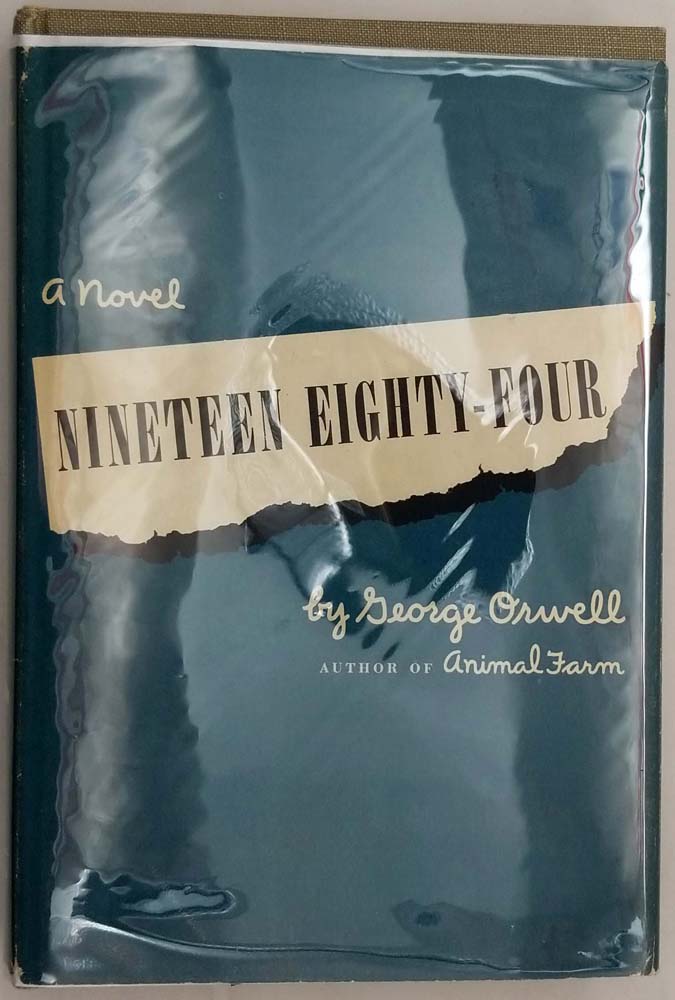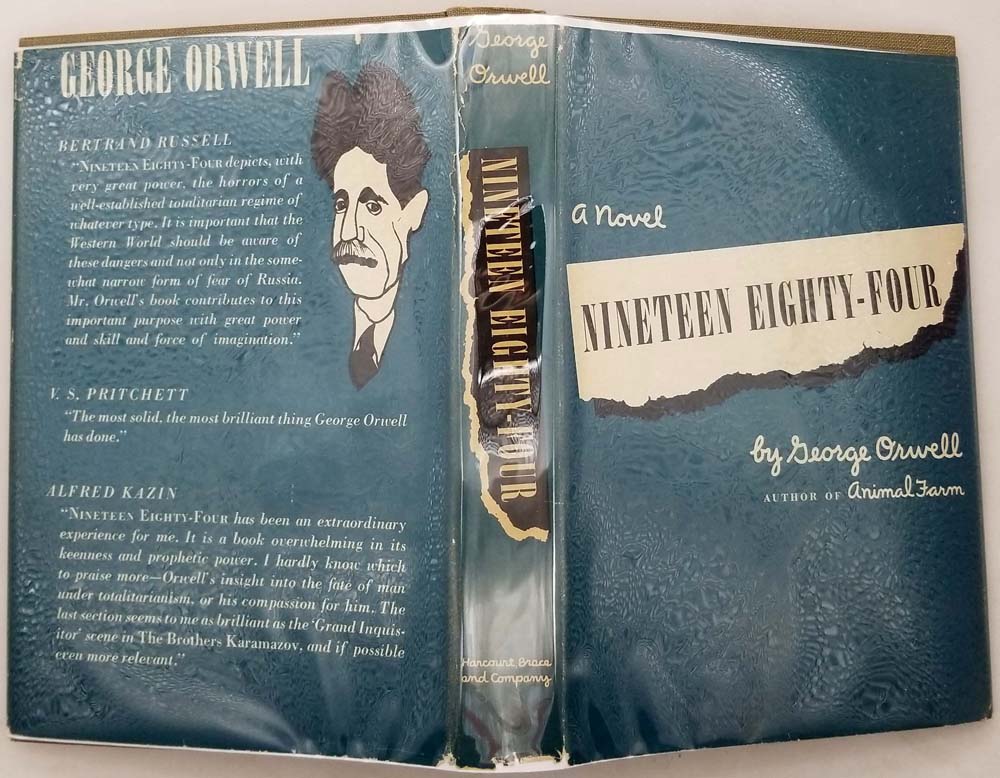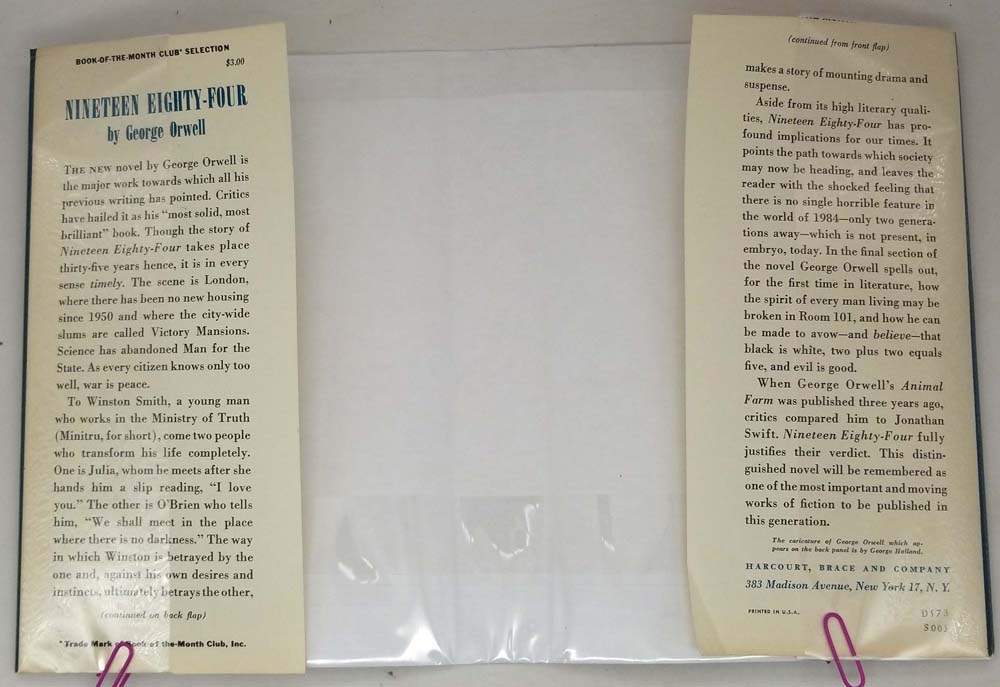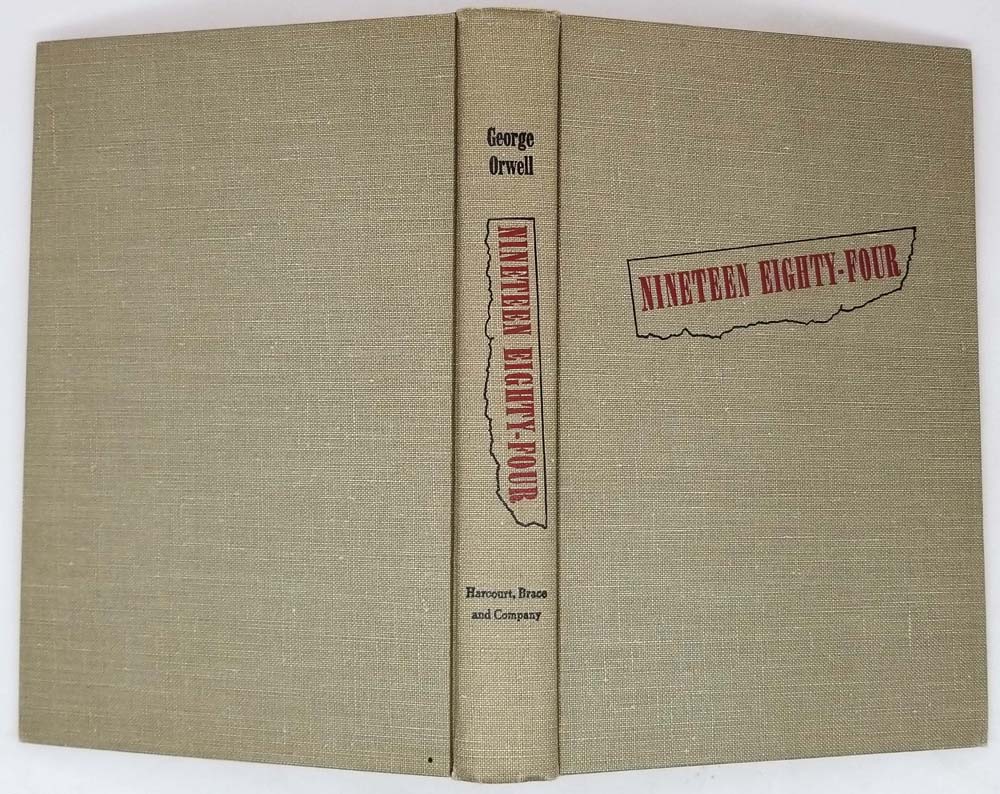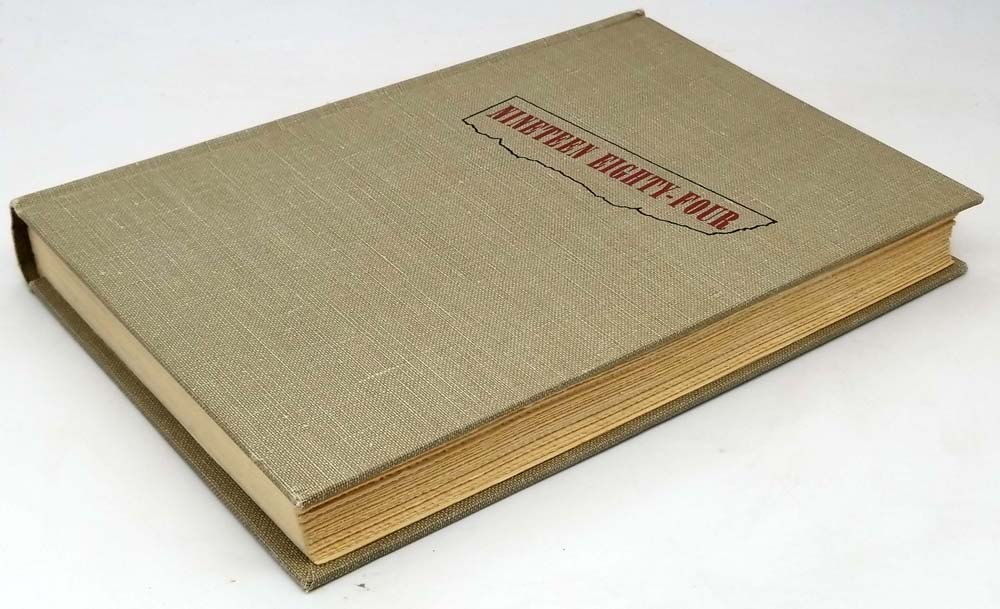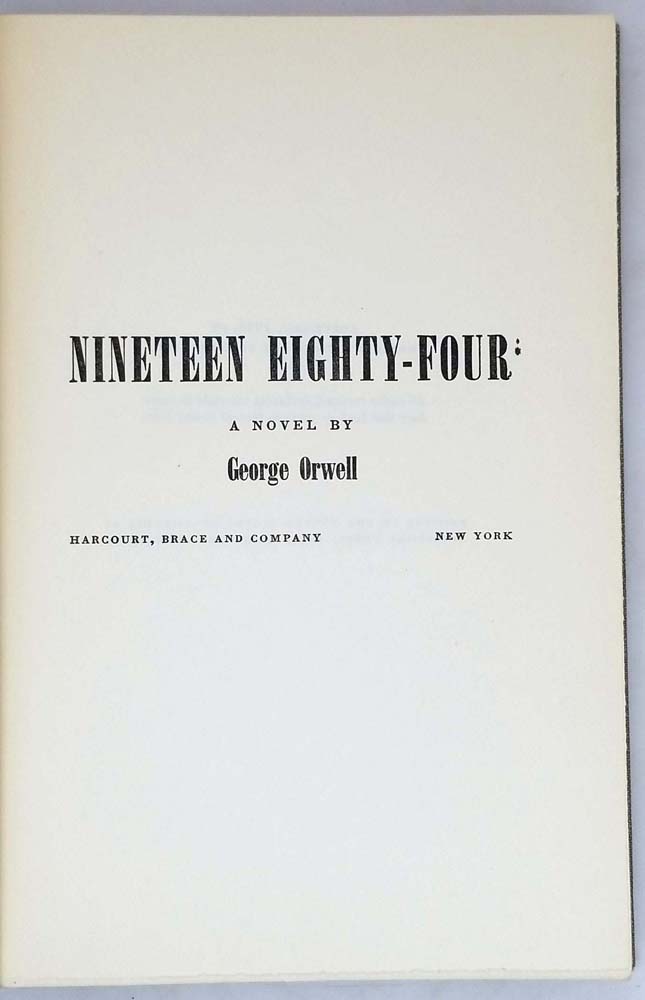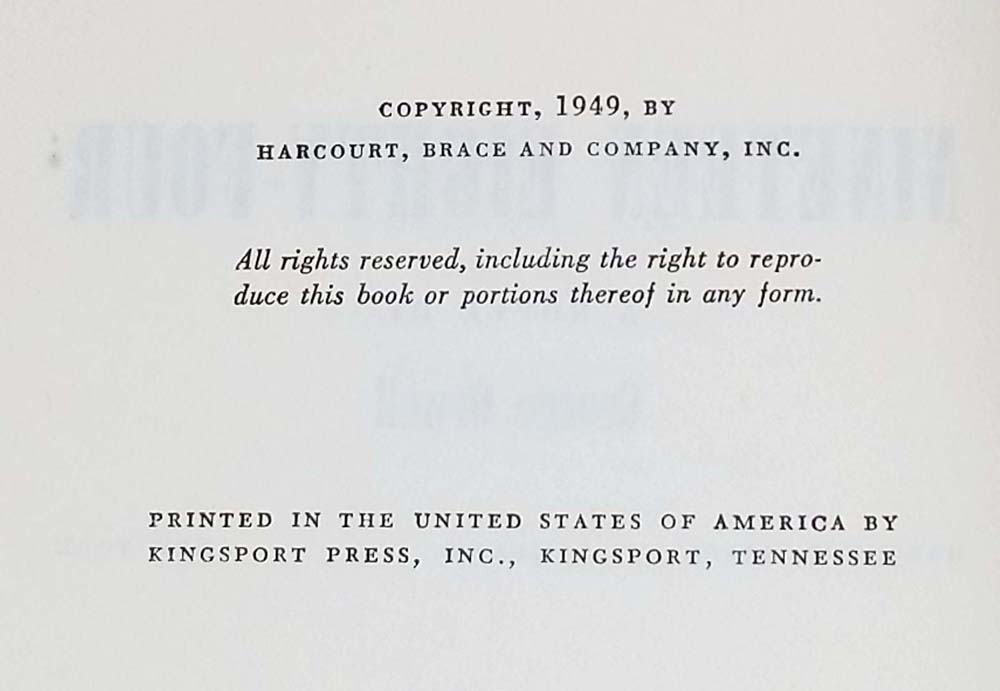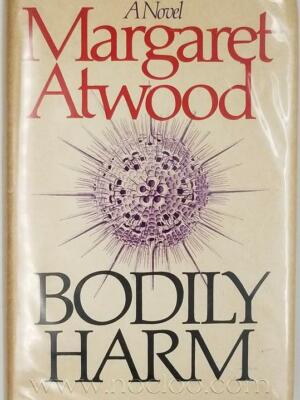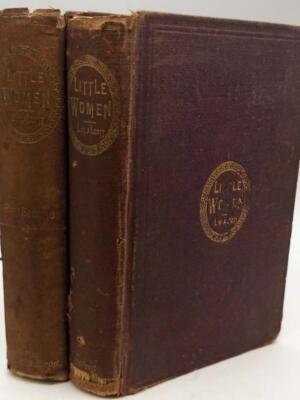Nineteen Eighty-Four (1949) by George Orwell is a seminal dystopian novel that paints a harrowing portrait of a totalitarian society under the omnipresent rule of Big Brother and the Party, where individuality, truth, and even thought are ruthlessly suppressed. Set in the superstate of Oceania, the story follows Winston Smith, a low-ranking Party member who secretly despises the regime and begins a forbidden love affair with Julia, risking everything to reclaim his humanity in a world where “War is Peace,” “Freedom is Slavery,” and “Ignorance is Strength.”
Orwell’s bleak vision introduces concepts now embedded in cultural lexicon: Newspeak (a language designed to eliminate dissent), doublethink (the ability to hold two contradictory beliefs simultaneously), and the terrifying Room 101, where personal fears are weaponized. The novel’s climax—a brutal interrogation by the enigmatic O’Brien—dissects the mechanics of power and the fragility of truth in a regime that demands absolute submission.
Written as a cautionary tale against Stalinism and the erosion of democratic ideals, *1984* remains a piercing critique of surveillance, propaganda, and the dangers of unchecked authority. Its relevance endures in debates over privacy, disinformation, and authoritarianism.
For fans of: Brave New World (Huxley), The Handmaid’s Tale (Atwood), or Fahrenheit 451 (Bradbury).
